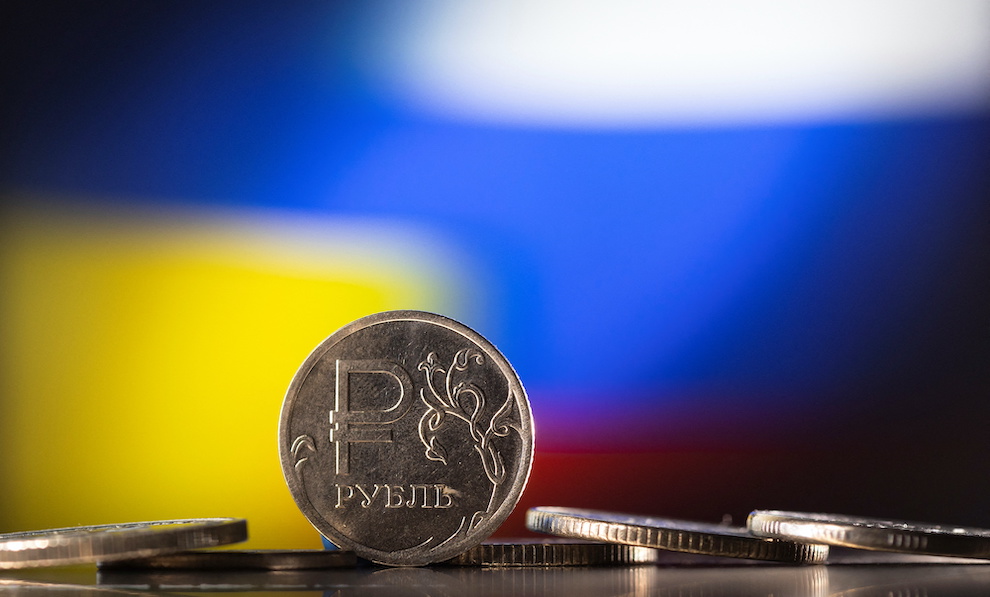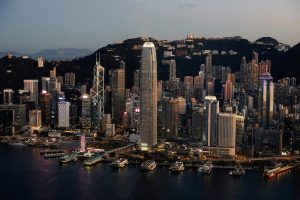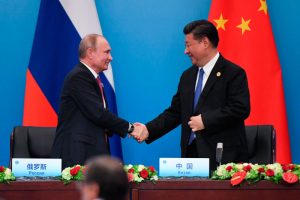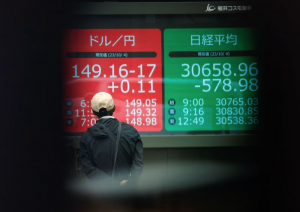A China think tank that advises the nation’s top leaders says Western sanctions on Russia may backfire, inflicting more harm on the US and Europe than on Russia itself.
That’s because Russia’s energy supplies may be disrupted, causing prices to soar when there already is an energy crisis in Europe, said the article by Ma Xue, an associate researcher at the China Institutes of Contemporary International Relations.
“Russia has been living with sanctions since 2014 and largely adapted to them,” said Ma. “The Russian economy and trade, already somehow decoupled from the world, won’t feel the bite of new sanctions.”
Read More: China’s Russian Coal Flow Stalls Over Buyers’ Financing Woes
US export controls and other sanctions imposed on Russia since it invaded and annexed Crimea in 2014 means that trade and economic ties between Russia and the US have already been reduced to a minimum, further undermining the effectiveness of the recent sanctions, Ma said.
The expulsion of only some Russian banks from the global interbank settlement system called Swift, the world’s growing energy demand, and Russia’s considerable foreign exchange reserve – in which just 16% of the holdings were in US dollars – all mean it has room for maneuver, Ma said.
Ma went on to assert that the sanctions would not prompt Russia to relent on its “security and geopolitical demands,” saying past and present sanctions have cut Russia’s business and trade ties to the global economy to the point that it may have nothing more to lose.
- By Frank Chen
ALSO ON AF: China Media Say Dollar, SWIFT in Decline on Russia Sanctions
























